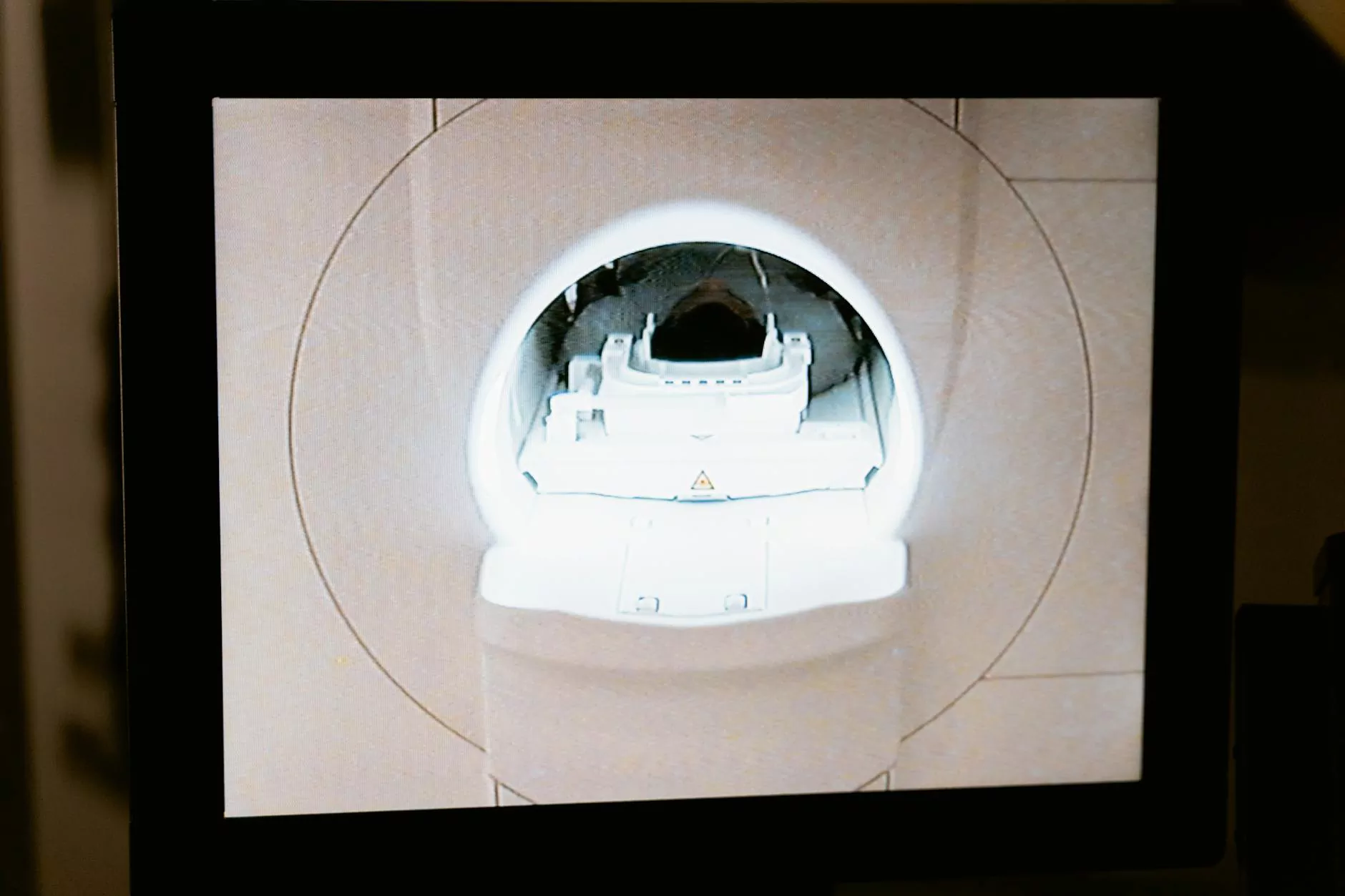Diarrhea and Vomiting
Health
Welcome to the comprehensive guide on diarrhea and vomiting brought to you by Kelley Tim PA-C, a trusted expert in the field of health.
Understanding Diarrhea
Diarrhea is a common medical condition characterized by frequent, loose, and watery bowel movements. It is often accompanied by an urgent need to use the restroom and can disrupt daily activities.
Causes of Diarrhea
Diarrhea can be caused by various factors, including:
- 1. Viral or bacterial infections such as gastroenteritis.
- 2. Food poisoning from contaminated food or water.
- 3. Intolerance to certain foods or ingredients.
- 4. Medications or antibiotics.
- 5. Chronic conditions such as irritable bowel syndrome (IBS) or inflammatory bowel disease (IBD).
Symptoms and Complications
The main symptoms of diarrhea include:
- 1. Frequent loose and watery stools.
- 2. Abdominal cramps and pain.
- 3. Nausea and vomiting.
- 4. Dehydration due to fluid loss.
- 5. Fever, in some cases.
It's important to seek medical attention if diarrhea lasts for more than a few days or is accompanied by severe symptoms, as it may indicate an underlying condition.
Understanding Vomiting
Vomiting, also referred to as emesis, is the forceful expulsion of stomach contents through the mouth. It is a natural defense mechanism that helps the body rid itself of harmful substances or irritants.
Causes of Vomiting
Vomiting can be triggered by various factors, including:
- 1. Viral or bacterial infections.
- 2. Food poisoning.
- 3. Motion sickness or seasickness.
- 4. Pregnancy or morning sickness.
- 5. Medications or treatments such as chemotherapy.
Symptoms and Complications
Vomiting is often accompanied by other symptoms, such as:
- 1. Nausea and a feeling of queasiness.
- 2. Abdominal pain or discomfort.
- 3. Dizziness or lightheadedness.
- 4. Dehydration due to fluid loss.
- 5. Weakness and fatigue.
Severe or persistent vomiting should be evaluated by a healthcare professional, as it may indicate a more serious underlying condition.
Prevention and Treatment
To prevent diarrhea and vomiting, it's important to:
- 1. Practice good hygiene, including regular handwashing.
- 2. Avoid eating undercooked or spoiled foods.
- 3. Stay hydrated and drink plenty of fluids.
- 4. Take medications as prescribed and follow proper dosage instructions.
- 5. Seek medical attention for persistent symptoms.
Treatment for diarrhea and vomiting focuses on relieving symptoms and addressing the underlying cause. This may involve:
- 1. Fluid replacement through oral rehydration solutions.
- 2. Dietary changes, such as a bland diet or avoiding trigger foods.
- 3. Medications to reduce nausea or manage specific conditions.
- 4. Rest and adequate sleep to support the body's healing process.
- 5. Antibiotics, if necessary, for bacterial infections.
Kelley Tim PA-C, an experienced healthcare professional in the field of health, can provide expert advice and personalized treatment options to help you effectively manage and overcome diarrhea and vomiting.
Conclusion
In summary, diarrhea and vomiting are common conditions that can be caused by various factors. Recognizing the symptoms, understanding the causes, and seeking timely medical assistance are essential for proper management.
By following preventive measures and seeking guidance from a knowledgeable healthcare professional like Kelley Tim PA-C, you can effectively address these gastrointestinal issues and regain your overall well-being.
Contact Kelley Tim PA-C today to schedule a consultation and receive the personalized care you deserve.










